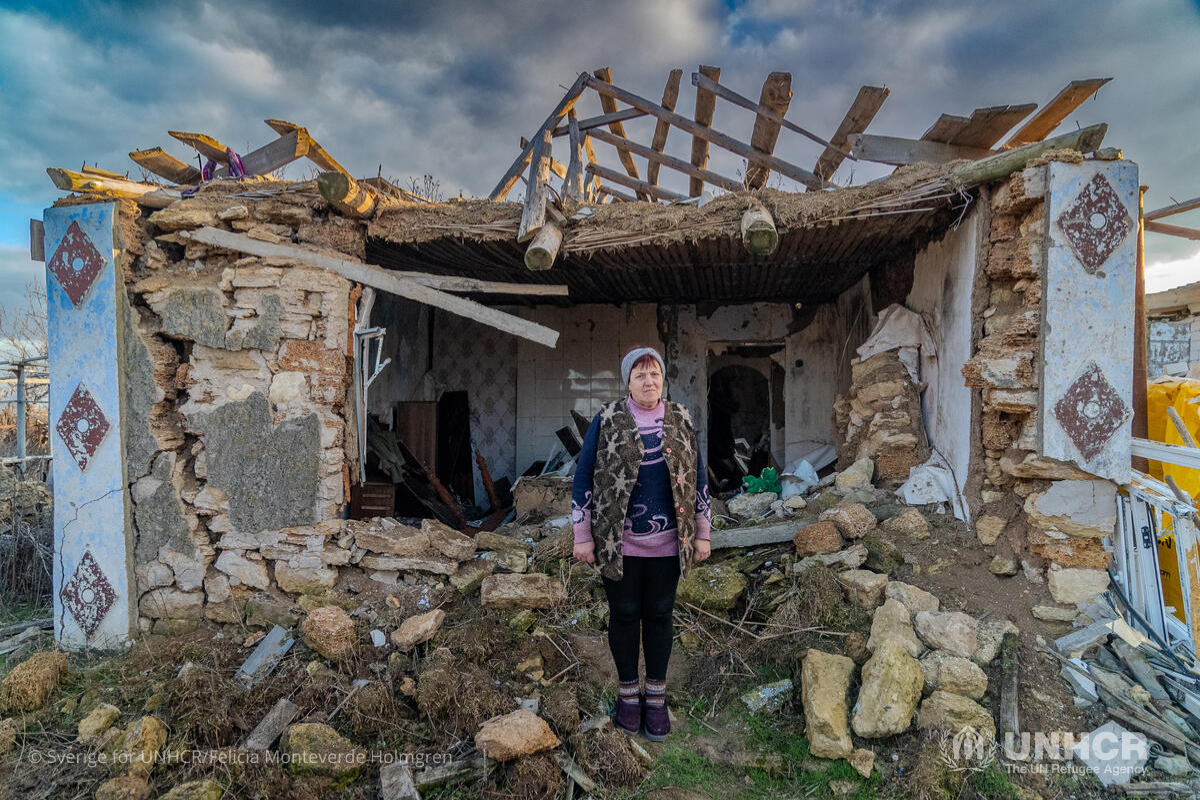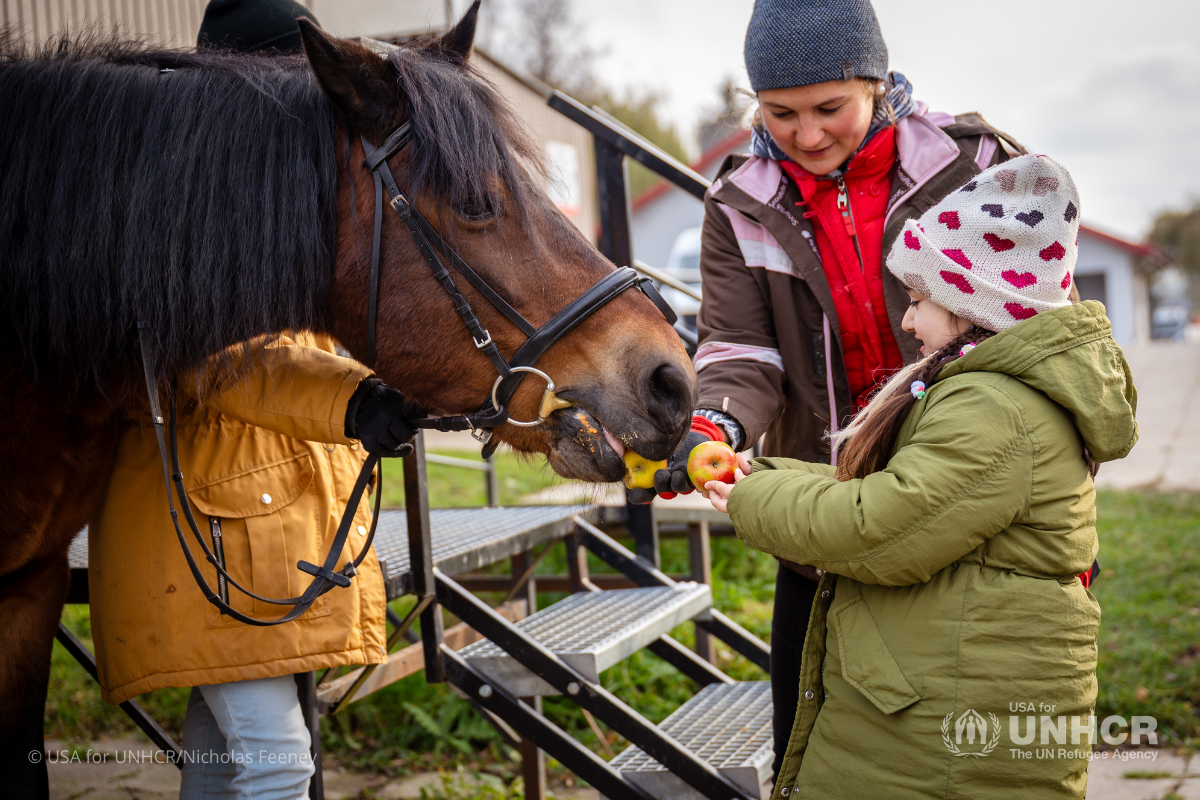Lifesaving assistance needed as Rohingya influx surges
This is a summary of what was said by UNHCR spokesperson Duniya Aslam Khan –to whom quoted text may be attributed – at today’s press briefing at the Palais des Nations in Geneva.
An estimated 123,000 refugees have arrived in Bangladesh since violence broke out in Myanmar’s northern Rakhine state last month.
UNHCR is gravely concerned about the continuing conflict in Myanmar and by reports that civilians have died trying to reach safety. It is of utmost urgency to address the root causes of the recent surge in violence so that people are no longer compelled to flee and can eventually return home in safety and dignity.
Those who have made it to Bangladesh are in poor condition. Most have walked for days from their villages – hiding in jungles, crossing mountains and rivers with what they could salvage from their homes. They are hungry, weak and sick.
The new arrivals are scattered in different locations in south-eastern Bangladesh. More than 30,000 Rohingya are estimated to have sought shelter in the existing refugee camps of Kutupalong and Nayapara. Many others are living in makeshift sites and local villages.
An unknown number could still be stranded at the border. Yesterday (Monday 4 September) UNHCR delivered some clothes, plastic sheets and relief supplies through an NGO partner.
UNHCR recognizes the challenges that Bangladesh faces. We continue to support efforts to ensure safe passage for people fleeing violence. Registering and documenting the new arrivals would also allow aid agencies to prioritize and provide much needed support and assistance.
With hundreds of new refugees arriving every day, Kutupalong and Nayapara camps are at breaking point. The new arrivals are hosted by refugee families and in refugee schools, community centres, madrassas and covered structures. We are running out of available space.
UNHCR is working with the local authorities and our partners to deliver relief supplies such as clothes, plastic sheets for shelter and sleeping mats. NGO partners and refugee volunteers are strengthening referral systems so that the new arrivals know where they can get critical services and aid. We are also identifying vulnerable arrivals, including unaccompanied children, who need additional care and protection.
There is an urgent need for additional emergency shelters and land as more refugees arrive. Coordination is crucial with the authorities to ensure that life-saving assistance gets to those who need it the most.
By Duniya Aslam Khan


